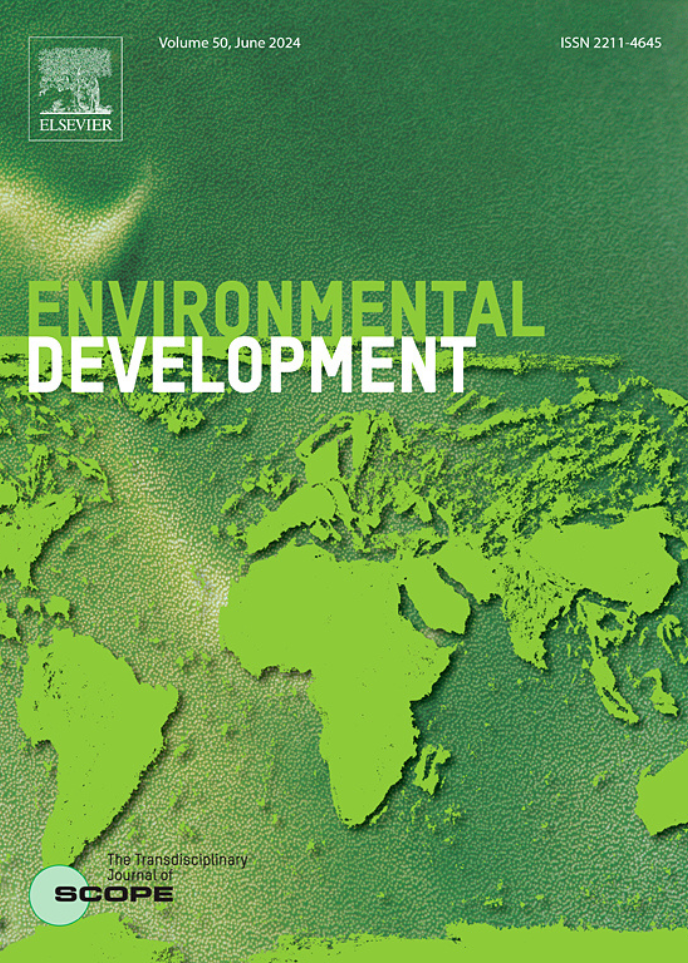
Enhanced local governance as response to threats on vulnerable non-timber forest product species: Case of Garcinia kola Heckel in East Cameroon
Year of Publication: 2024
Authors: Cédric Djomo C. , Marlène Tounkam N., Jules Christian Z., Votio Tchoupou C. , Preasious Forbi F.
Abstract
Non-Timber Forest Products (NTFPs) on which there is high reliance by the local population are often highly threatened. Hence, the current study was carried out to assess the local governance of vulnerable NTFPs and to find prospective strategies for enhancing local governance using Garcinia kola Heckel, a Vulnerable NTFP highly solicited by local communities for their livelihoods in Eastern Cameroon. Focus group discussions were used to collect data in 14 villages adjacent to Belabo-Diang Communal Forest on the major constraints of local governance, and prospects for enhancing local governance to guarantee the conservation and sustainable management of G. kola through a key stakeholders engagement workshop. Synthesis and analysis of the data identified twelve major constraints of the local governance of G. kola. The study also revealed the low power of local authorities over the regulation of the resource rights and its sustainable use, and the laxity and poor participation of different stakeholders in the management of G. kola. The most feasible local governance strategies identified that can enhance the conservation and sustainable use of G. kola were: sensitization on its threats and need to conserve; build capacity of council forest managers and local people on sustainable harvesting practices and planting techniques; the use of incentives to promote regeneration and private plantation and ownership; value chain organisation and the enforcement of the customary regulations. The study concludes that for enhanced local governance to play a vital role in the conservation and sustainable use of vulnerable NTFPs, all key stakeholders need to play their respective roles in a collaborative and responsible manner within the confines of good policies and pragmatic institutional arrangements.
